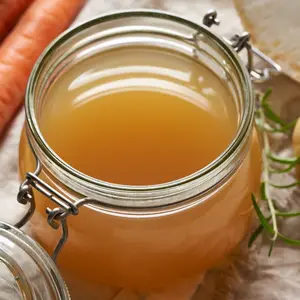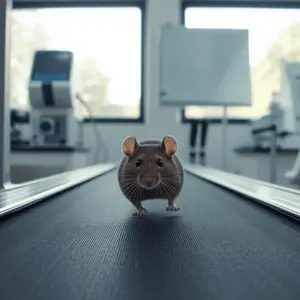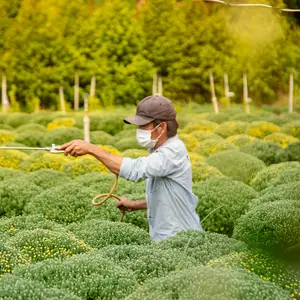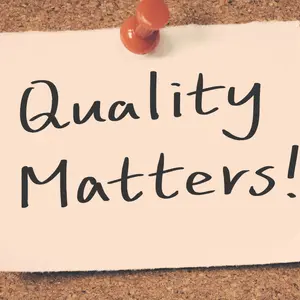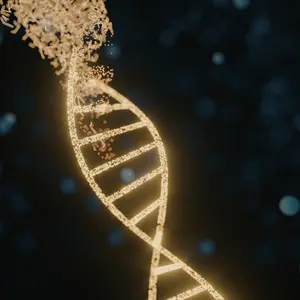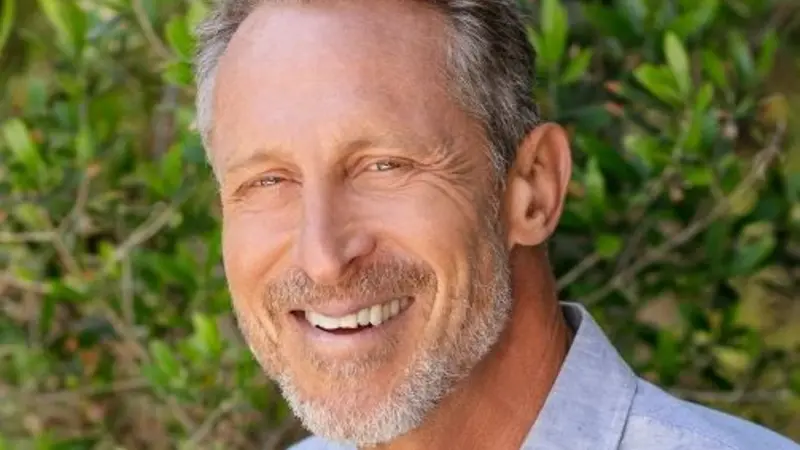

WELLthier Living and Aging

WELLthier Living and Aging
Mark Hyman on Living Healthy to 100 and Beyond
Mark Hyman is a practicing family physician and an internationally recognized leader, bestselling author, speaker, educator and advocate in the field of functional medicine. He is the founder and director of The UltraWellness Center, founder and senior advisor for the Cleveland Clinic Center for Functional Medicine and board president for clinical affairs for The Institute for Functional Medicine. He is also the founder and chairman of the Food Fix Campaign, dedicated to transforming our food and agriculture system through policy change, and hosts The Doctor’s Farmacy, a podcast with more than 150 million downloads. Dr. Hyman is a regular contributor to CBS This Morning, Today, Good Morning America, The View, Fox and CNN. His latest book, Young Forever: The Secrets to Living Your Longest, Healthiest Life, champions the latest science on healthy aging.
How is the emerging science on longevity changing the way we view aging?
Many things we’ve come to accept as a normal part of getting older are not. Decrepitude, frailty, disease, diabetes, cancers, dementia—these are optional. We can’t change chronological aging, but we can slow and reverse biological aging by influencing the hallmarks of aging, which are these underlying processes that go awry as we get older.
What are the hallmarks of aging?
In my book I wrote about 10 hallmarks of aging, which are all part of one ecosystem of problems. They’re not separate; they influence each other; and they’re dynamic. It’s things like inflammation, mitochondrial dysfunction, DNA damage, zombie cells, shortened telomeres, microbiome changes and epigenetic changes, which are changes in how our genes are expressed. They’re all important, but the most important hallmark of aging is called deregulated nutrient sensing, which means how our body interacts with food and how that influences us for good or bad. Problems with nutrient sensing affect almost all the other hallmarks and make them worse.
How can we address deregulated nutrient sensing?
We have built-in longevity pathways and over 3,000 survival genes, and we can activate this innate healing intelligence at any time. A major way to influence four of these pathways is through food. I call them longevity switches, which we need to learn how to regulate to make our health span equal our lifespan.
The first one is activated by too much sugar and starch, which drives too much insulin signaling, causing diabetes, pre-diabetes, cancer, dementia, heart disease or obesity. When insulin is over-expressed, it causes weight gain, fat storage, inflammation and lots of other problems.
The next one is mTOR [mammalian target of rapamycin], a pathway that makes new proteins and builds muscle, but gets overstimulated because of our constant eating and snacking and eating before bed. mTOR needs to be inhibited periodically by intermittent fasting or time-restricted eating to allow autophagy to happen, which is like a recycling and repair crew that comes in at night and cleans up all the damaged proteins.
The other two pathways, sirtuins and AMPK [adenosine monophosphate-activated protein kinase], sense a lack of nutrients and switch on survival pathways. If we’re constantly eating sugar and starch, then AMPK and sirtuins are overstimulated, and they're not given a break to activate these pathways.
What is the role of exercise in longevity?
If it were a pill, exercise would basically fix everything. It’s probably the most potent intervention there is, other than calorie restriction or fasting, and it works on many of the longevity pathways. The most important type of exercise is resistance training as you get older, because you need to build muscle. Without muscle, you become frail and dysfunctional.
Exercise influences our DNA stability; lengthens telomeres; preserves the genome; affects the proteins; regulates mTOR, AMPK and sirtuins; preserves mitochondrial function; prevents zombie cells; helps with stem cells; reduces inflammation, cardiovascular risk and diabetes; and it’s also really important for becoming insulin sensitive.
What is hormesis and how can it help with healthy aging?
Hormesis is the idea that what doesn’t kill you makes you stronger. The concept is not new. We know that exercise, for example, is a stress on the body, but it actually makes you rebound stronger. When you lift weights or you run, it’s a stress, but you’re getting thinner and stronger. There are other forms of hormesis that activate longevity pathways. Hot sauna therapy reduces your risk of cardiovascular mortality by 50 percent. Cold immersion therapy has many benefits, like increasing dopamine, activating brown fat and regulating metabolism. Fasting is a kind of hormesis, and longer fasts—for a day, three days, a week—are very powerful.
What role does finding community have in this quest for longevity?
The science is pretty clear that the body has innate systems that can be regulated by our thoughts. We now understand the mechanisms by which our social relationships and connections can influence our gene expression and everything from inflammation to insulin resistance to everything else, so building connection with others and building relationships and community is very important.
What longevity strategies do you implement on a typical day?
A lot of this is just habit development and routine. This morning I worked out with my resistance bands for half an hour, took a steam shower and an ice bath, then had a longevity shake with goat whey, creatine, urolithin A and adaptogenic mushrooms. Then I took a walking meeting for an hour-and-a-half outside while I was on a call. Tonight, I plan to spend time with friends. I eat pretty simply most of the time. Last night, I had lamb chops, sweet potatoes, shiitake mushrooms, artichokes (which is a great prebiotic food) and some broccoli with lemon, garlic and olive oil. I take my supplements as well. So it’s very simple, very easy.
Sandra Yeyati is the national editor of Natural Awakenings.
Original article published at Natural Awakenings



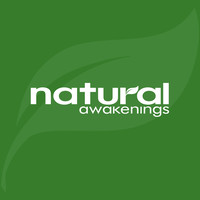 By
By
